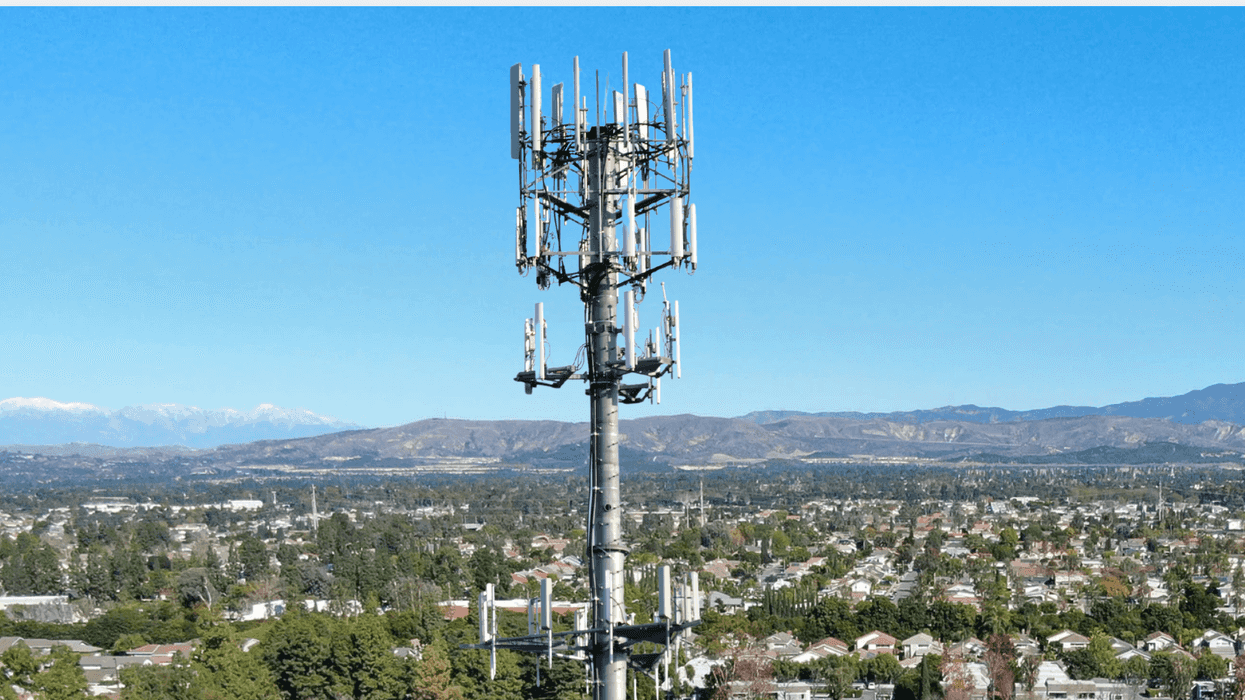A recent study highlights an unintended consequence in New Jersey: a plastic bag ban leading to tripled plastic consumption.
Julia Gomez reports for USA Today.
In short:
- New Jersey's 2022 ban on single-use plastic bags aimed to reduce plastic pollution.
- The Freedonia Report found a 60% drop in bag volume but a tripling in overall plastic use due to alternative bags.
- These alternatives, often non-recyclable, have inadvertently increased plastic consumption.
Key quote:
"Most of these alternative bags are made with non-woven polypropylene, which is not widely recycled in the United States and does not typically contain any post-consumer recycled materials."
— Freedonia Report, MarketResearch.com
Why this matters:
This case underscores the complexity of environmental policies. While aiming to reduce waste, the ban inadvertently increased plastic use, highlighting the need for holistic approaches in environmental legislation.
See related: The US falls behind most of the world in plastic pollution legislation














